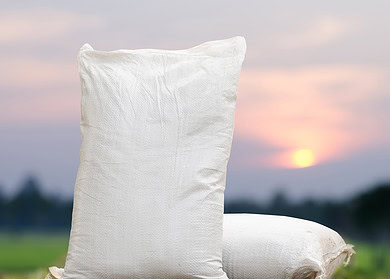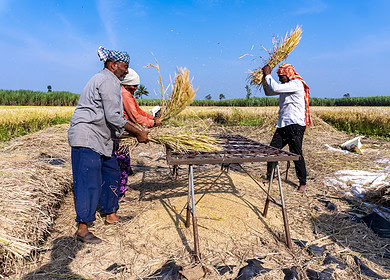India’s fertilizer manufacturers accused of coercive sales tactics

In Thoothukudi, India, a complaint has been lodged against fertilizer manufacturers for allegedly coercing dealers into purchasing and selling additional agro-products along with chemical fertilizers. The Thoothukudi District Agriculture Inputs Sellers’ Association has petitioned Collector K. Elambahavath to address this issue.
R. Mahendran, president of the association, asserts that fertilizer manufacturers are not adhering to the government-mandated pricing and delivery norms, which require fertilizers to be supplied at a set price and delivered directly to authorized sellers. Contrarily, distributors are reportedly charged an additional 15 Indian rupees ($0.18) per bag above the prescribed price and are forced to pick up shipments from the Gangaikondan Good Shed instead of receiving deliveries at their premises.
Furthermore, the complaint highlights that subsidized fertilizers are being bundled with unrelated agro-products, pressuring distributors to impose these additional purchases on farmers. This practice not only breaches government regulations stipulating that farmers should not be compelled to buy unrelated products when purchasing fertilizers, but it also inflates the cost transferred to farmers due to added transportation fees.
Farmer S. Nagarajan of Vilathikulam reported that the price of diammonium phosphate, which should be 1,350 Indian rupees ($16.07) for a 50 kg bag, escalates to 1,500 Indian rupees ($17.86) due to these practices. Similarly, the price of urea has risen from 266 Indian rupees ($3.17) to 300 Indian rupees ($3.57) per 45 kg bag because of the additional transport costs.
In response to these practices, MDMK principal secretary and Member of Parliament Durai Vaiko has called on the Tamil Nadu Government to regulate the sale of DAP and other fertilizers exclusively through Primary Agriculture Cooperative Societies. He emphasized that this measure would prevent manufacturers from imposing additional product purchases on stockists, thereby safeguarding the farmers from unethical business practices. Durai Vaiko stressed the urgency of this regulation, especially after recent rains have increased the demand for DAP as a basal fertilizer for crops like maize, black gram, and green gram in the district.
Source: The Hindu
Enjoyed this story?
Every Monday, our subscribers get their hands on a digest of the most trending agriculture news. You can join them too!















Discussion0 comments